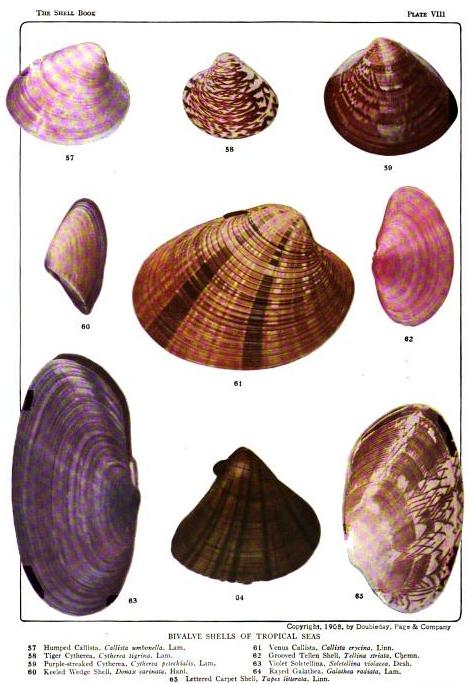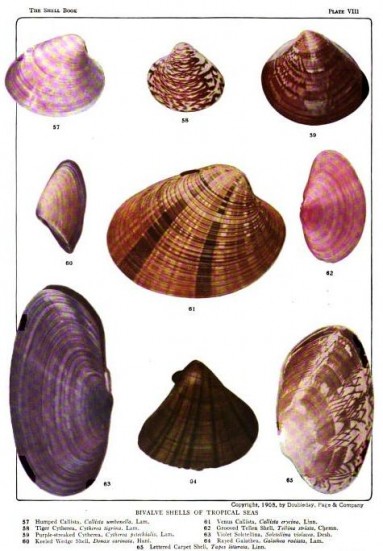Five Questions with __________ is an experiment with flash interviews. The series on poets continues with poet and professor of English and creative writing Lisa Russ Spaar. I came across her work after an essay in The Chronicle of Higher Education called 'Eating the Days: Thoughts on Off-Line Learning at UVa.' A critical and personal reflection on the University of Virginia fiasco ('like children forced to wait in the hallway while the grown-ups sequestered themselves in the bedroom to squabble about whether or not to get divorced') through a close reading of Seamus Heaney's poem 'Oysters,' it remains the most evocative writing I have come across on the subject. Lisa's poems—like 'New Year's Eve'—are no less potent.
What is your worst bad habit?
Your good question invites me to think about what constitutes a habit [something done habitually, in terms of behavior or dress (<ME.<OFr.<L. habitus, condition, appearance, dress<pp. of habere, to have, hold<IE. Base ghabh-, to grasp, take, whence GIVE)], as in I am in the habit of wearing black or of sleeping on my left side or of singing old ballads when I walk my dog or of whiling away hours reading the dictionary.
“Habit” implies things done by volition as well as by rote practice or somatic compulsion, as in I have a penchant for sweetbreads and cold white wine and for not always reading books all the way through, but rather plundering them for what I need and moving on (Anne Carson calls this kind of scattershot trawling through books “promiscuous”).
Your question also begs another: what makes a habit “bad”? Bad how? To or for whom? I have habits that are perhaps harmful to myself, physically, psychologically, artistically—a routine of overwork, a proclivity for melancholy and insomnia. A rut of overusing genitive-link metaphors. An addiction to certain kinds of low-end television, like The Real Housewives of New Jersey.
I guess I would consider my worst bad habit anything I do that is dangerous to or inconsiderate of others. I long ago stopped smoking. But I want to be more mindful not to interrupt people when they are speaking. I’ve also got to stop reading while I’m driving.
Is there a painter whose work stops you cold and open-mouthed in your tracks?
I’ve stopped cold and open-mouthed outside the display window of the Thomas Kinkade Gallery that once took up space on the pedestrian mall in my town. But I think you mean not the awe of appall but the awe of ecstatic transport, of admiration, of thrall. This happens to me often with painters—Henri Matisse, Paula Rego, Paul Klee, Giotto, the Bruegels, Lincoln Perry, Rothko. Vermeer. Van Gogh. Cezanne. Helen Frankenthaler.
Right now two painters in particular have me in their spell, especially in relation to their work in self-portraiture and for their distinct mythic, fabular, and erotically charged depictions of artistic and bodily fertility. One is the German painter Paula Modersohn-Becker (1876 – 1907), whose work I have admired for decades and had the privilege of viewing on a trip to the Paula Modersohn-Becker Museum in Bremen in the 1980s. A close friend of the poet Rainer Maria Rilke, Modersohn-Becker was a member of the Worpswede artist community in northern Germany, and Adrienne Rich’s epistolary poem “Paula Becker to Clara Westhoff” explores the painter’s friendship with Rilke’s wife Clara. Modersohn-Becker’s paintings, especially the nude self-portraits done during her pregnancy, possess a frank palpability that is tensile, luminous, and vulnerable. She died, too young, of complications of childbirth at the age of 31; her last words were “Wie schade” (“What a shame!”).
I became acquainted with the work of Arab-Iranian artist Samira Abbassy (1965- ) when she visited the University of Virginia this past spring. Her gorgeous, intricate paintings, evocative of sacred texts, are rife with pre- and post-Lapsarian violence, secrecy, and complex beauty. Chimerical, truncated, fragmented, Abbassy’s self-portraits delve into what Emily Dickinson would call “Ourself behind ourself.” Both of these painters have transfixed me with their color-saturated scapes, their intense looking into the forces that shape, veil, and vex female identity.
To which brutality are you more immune, Southern summers or Northern winters?
Southern summers. A purgatorial 4-year stint in Texas—where I lived a long while without air-conditioning—changed my body’s thermometer. Growing up in New Jersey, I enjoyed long, cold winters, which we children especially loved, the ploughs pushing the drifts up as tall as our fathers. How excited we became when winter temperatures rose above freezing, and we could shed our snowsuits and dance around sleeveless in the snow-packed streets. I’m less tolerant of the cold now and more immune to heat; perhaps those 106-plus degree days in Texas inoculated me. Or maybe it’s just that I’m older, and less inclined to put on heavy coats and scrape ice off of the windshield for the privilege of driving in and trudging through cutting winds and slush to work.
What constitutes bad education?
For me, whether the subject or task at hand is historical, culinary, athletic, academic, medical, financial, practical (from tying shoes to parallel parking), or what have you, an education is “bad” if, on either side (teacher/student, parent/child, employer/employee, &c), the experience is irresponsible, passive, disrespectful, shallow, one-sided, close-minded, inflexible, humorless, and lacking in a willingness to be surprised, wrong, right, or changed.
What is the one thing on which you won't compromise or allow yourself any shortcuts?
I’m exacting about a seafood chowder I make for my family every December at the winter holidays. We gather over bowls of it during the darkest hours of the year, at one of the few times we all manage to be in one place, and so I splurge for the freshest littleneck clams and mussels and scallops, rich, whole cream and butter, fragrant tarragon leaves, whole peppercorns. It’s a simple dish, but one in which timing and patience are crucial. Forcing myself to slow down enough during that hectic season to spend the better part of a day shopping and then schlepping and preparing—peeling potatoes, chopping onions, debearding mussels, peeling and deveining shrimp, and then inhaling the amniotic draughts of the sea and cellar-draft fruits of the hardened ground in a primal broth is a ritual which is obviously related to the bottom-line answer to this question: anything to do with those I love, and their well being.

